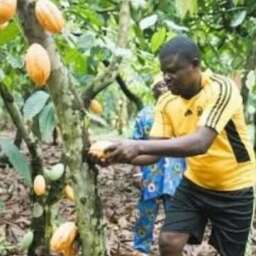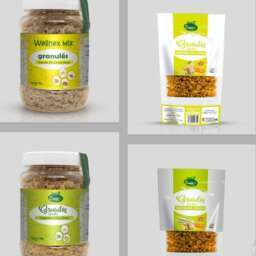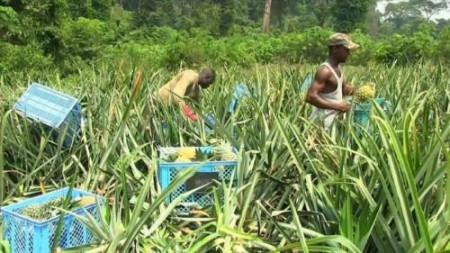(Business in Cameroon) – Cameroon is preparing a legal framework to regulate the production of organic foods for both human and animal consumption. The aim is to formalize a sector that remains largely informal and to improve the visibility and profitability of Cameroonian products internationally. The draft law on organic production was submitted to Parliament on Nov. 10.
Citing data from the Research Institute of Organic Agriculture (FiBL) and the International Federation of Organic Agriculture Movements (IFOAM), the government noted that the global organic market has grown rapidly over the past forty years and is now valued at about €136 billion. It said this trend highlights the potential of organic farming as a promising commercial opportunity for Cameroon.
The draft law defines organic production as a system that covers crops, livestock, aquaculture, beekeeping and forestry. It is based on practices that maintain natural ecological balances, sharply restrict synthetic chemical inputs and exclude genetically modified organisms. The framework targets crops already produced informally in Cameroon, including cocoa, coffee, cotton, fruits, vegetables, food crops, honey, pepper, sweet potatoes, beeswax, lemongrass and shea butter.
Beyond export competitiveness, the government argues that regulating the sector could also strengthen climate resilience. The National Observatory on Climate Change estimates that agricultural losses linked to climate variability between 1980 and 2022 amounted to XAF 6.71 trillion, more than 24 percent of national GDP.
Turning this potential into measurable gains will require additional operational tools. These include national standards aligned with international benchmarks, credible certification and accreditation systems, effective traceability and inspection mechanisms, recognized laboratories and technical support for small-scale producers. With these elements in place, the shift toward premium organic products could support export diversification while improving the resilience of agricultural systems.
Ludovic Amara



































